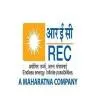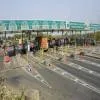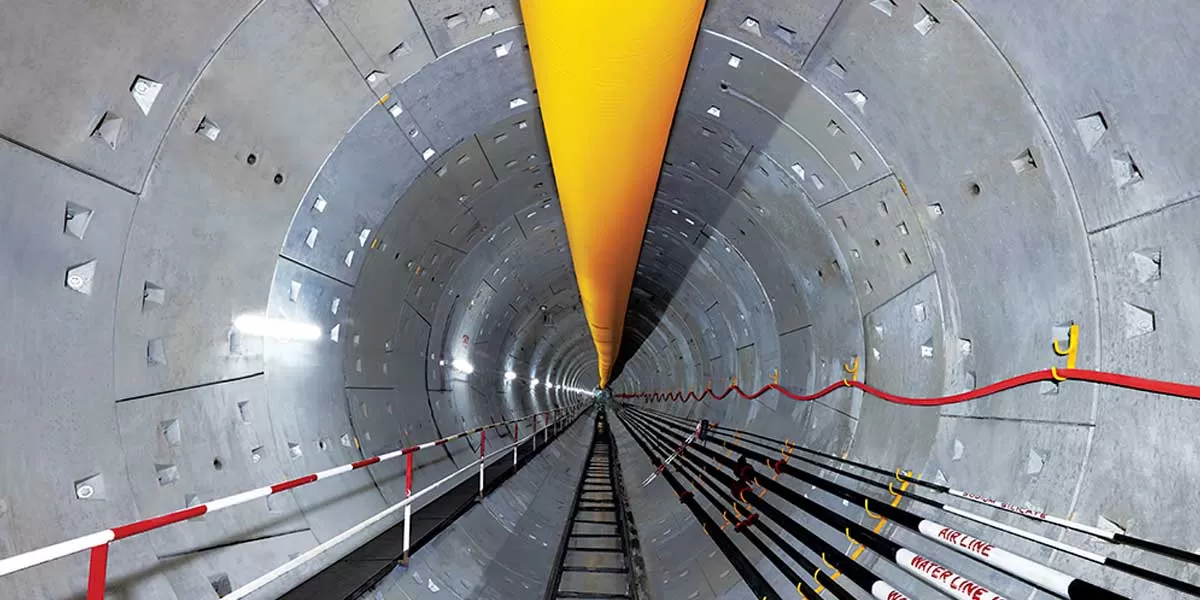
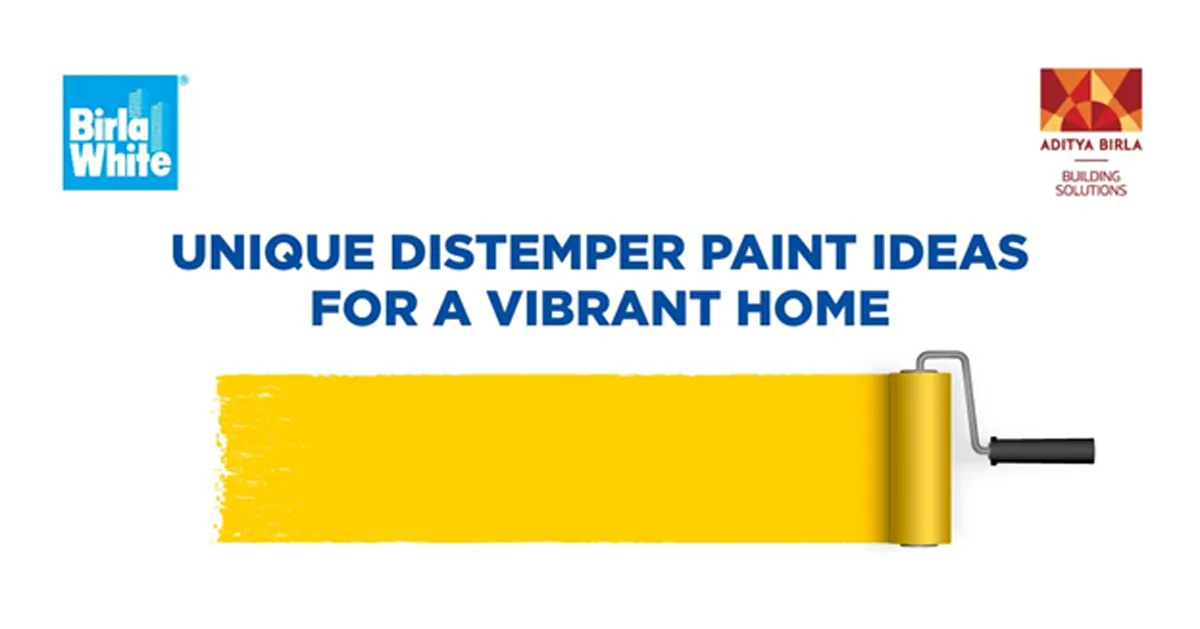
Beyond Basics: Unique Ideas for Using Distemper Paint Colours in Your Home
Rohit and Nisha had just moved into their first rented apartment in Pune. The place had everything they wanted. Great sunlight, a tiny balcony, and affordable rent. But the walls? A dull, ugly and patchy beige that made even their colourful paintings look tired. “Let’s colour the walls,” Nisha said enthusiastically. Rohit looked at her with a calculator in hand. “You mean spend half our salary on emulsions?”Just then, their neighbour popped in and said, “I have been using distemper paint on walls for years. It is affordable, looks good, and you can wipe it clean when your friends s..
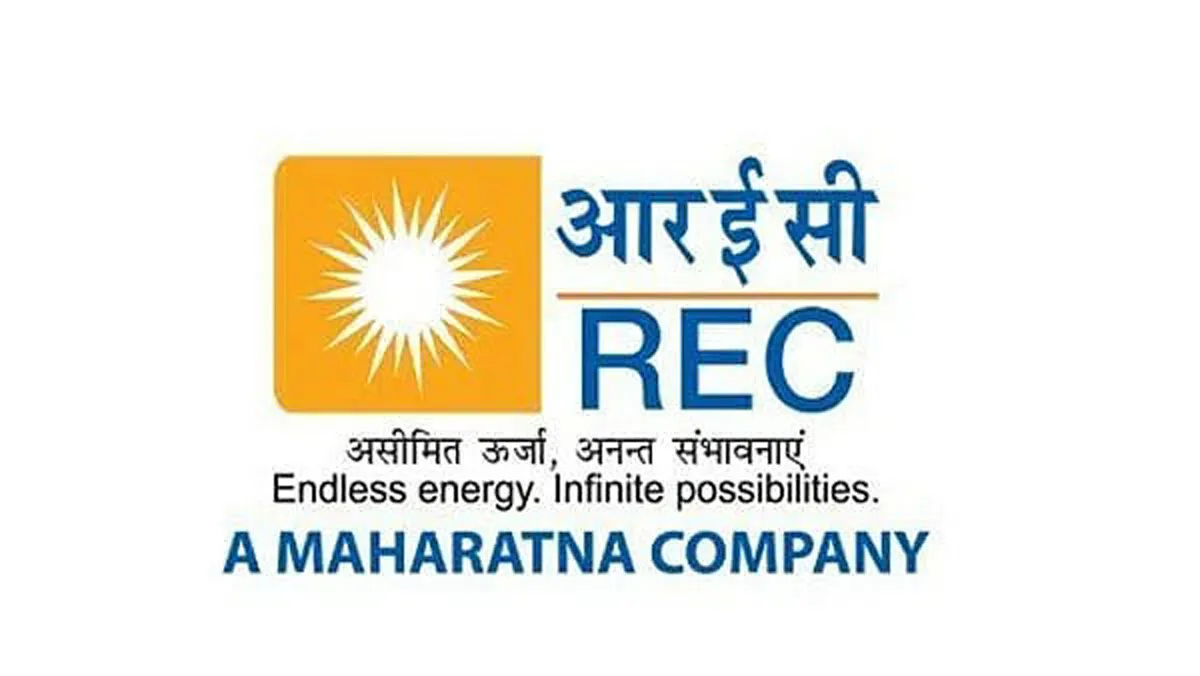
REC Approves Rs 75 billifor Brookfield’s Hybrid Energy Project
The Rural Electrification Corporation (REC) Ltd, a Maharatna non-banking finance company, has sanctioned Rs 75 billion for Brookfield’s 1,040 MW hybrid renewable energy project in Kurnool district — its largest-ever funding to a private-sector venture.Developed by Evren, a joint venture between Brookfield (51.49 per cent) and Axis Energy, the Rs 99.1 billion project integrates 640 MW of wind and 400 MW of solar power with battery storage. It is India’s first Firm and Dispatchable Renewable Energy (FDRE) project featuring state-level grid connectivity and a dedicated power purchase agreem..
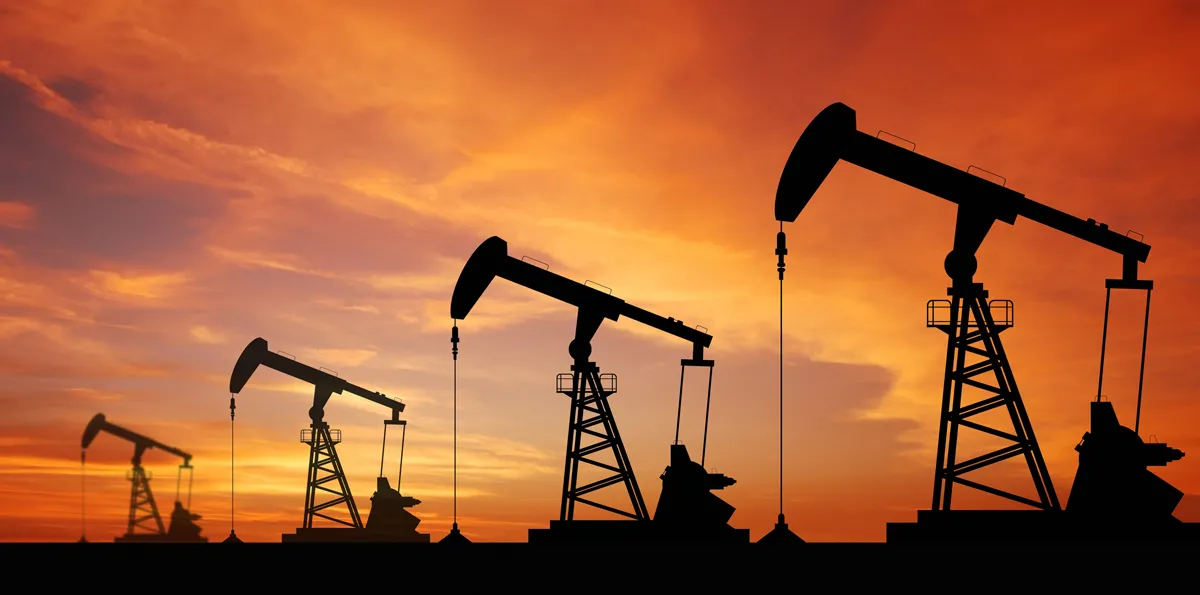
Oswal Energies, Deendayal Port Partner for Green Hydrogen Project
Oswal Energies and the Deendayal Port Authority (Kandla-Gandhidham) have signed a memorandum of understanding (MoU) to jointly develop green hydrogen, green methanol, green ammonia, and a 100 million litres per day (MLD) desalination plant under the National Green Energy Initiative.The Government of India has identified Deendayal Port as one of the strategic hubs for green energy infrastructure. The collaboration aims to strengthen the port’s role in advancing sustainable energy systems, supporting India’s net-zero and energy security goals.Under the MoU, Oswal Energies will lead the devel..





